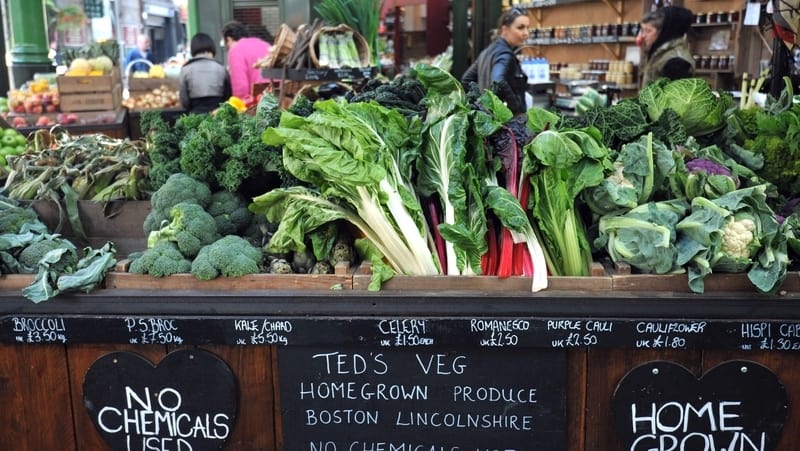by Betty Gold, realsimple.com
A healthy gut – with the right microbes and bacteria within – helps us feel better. Here are five foods to avoid for a healthy gut microbiome.
Whether you’ve been experiencing chronic gut issues for years or you’re new to the matters of a miserable microbiome, one thing is clear: A significant component of our overall health is determined by the (beneficial) bacteria that reside in our gut, aka our microbiome.
“Research has shown that all roads lead to the health of our gut microbiome,” says Raphael Kellman, M.D., founder of the Kellman Wellness Center in New York City. “This is the inner realm of thousands of microbes residing in our intestines. They are intimately connected to all aspects of health, greatly impacting mood, metabolism, immune function, digestion, hormones, inflammation and even gene expression.”
But how do you know if you have an unhealthy gut? According to Carielle Nikkel, M.S., RDN, a nutritionist with Persona Nutrition, some common symptoms that suggest an imbalance include bloating, gas, and abdominal pain. By making dietary and lifestyle changes with gut bacteria in mind, you can see improvements in every area of the body, including in systems that may seem far removed from intestinal health. Here are the five foods Kellman recommends avoiding for the sake of a healthy gut microbiome – and overall health and happiness.
5 foods to avoid for that healthy gut microbiome
1. Sugar
While most dieters aim to cut back on sugar because of calories, on a deeper level, sugar should be avoided for the detrimental effects on gut bacteria and inflammation. “Sugar is known to nourish disruptive strains and yeast, allowing them to overgrow, exceeding a healthy percentage of the microbiome,” Kellman says.
2. Meat
A popular trend today is to eat a diet (keto, paleo) comprised mainly of animal proteins and fat. Unfortunately, this does little to sustain the health of the microbiome. Without a substantial amount of the plant fibers known as prebiotics, the microbiome becomes depleted. This reduces its ability to make necessary nutrients for our health, like short-chain fatty acids, vitamins, and natural antibiotics that keep us safe from pathogens. A microbiome-friendly diet is high in plants and uses healthy animal proteins as a side dish.
3. Plant pesticides
The microbiome is highly sensitive to exposure to chemicals, toxins, and pesticides – especially those coming from the food and water we drink. “If you have a sensitive gut, whenever possible avoid foods that may have been exposed to plant pesticides by choosing organic fruits and veggies (especially those that are on the Dirty Dozen list), animals raised without hormones, and drink filtered water,” Kellman advises.
Related: What does the gut-brain connection mean to you?
4. Dairy
While dairy can be beneficial for some, for those with an allergy or intolerance, eating it leads to inflammation, leaky gut, and reactions that can affect the immune system. “Many people benefit by removing it for a period of time and reintroducing it later,” says Kellman. Same goes for gluten: it isn’t bad for you, but if you have an allergy or sensitivity, giving it up is a no-brainer for good gut health and a healthy gut microbiome.
5. High-fructose corn syrup, additives, preservatives, food colorings, and refined vegetable oils
This last group is a mixed bag of detrimental products, all of which have a few big things in common: they all promote inflammation, are highly processed, and can lead to imbalances in bacterial communities. (To clarify, refined vegetable oils refer to varieties like soy, corn, sunflower, and cottonseed, not healthy oils like olive and avocado.)
Real Simple magazine provides smart, realistic solutions to everyday challenges. Online at www.realsimple.com.
© 2021 Meredith Corporation. Distributed by Tribune Content Agency, LLC.
